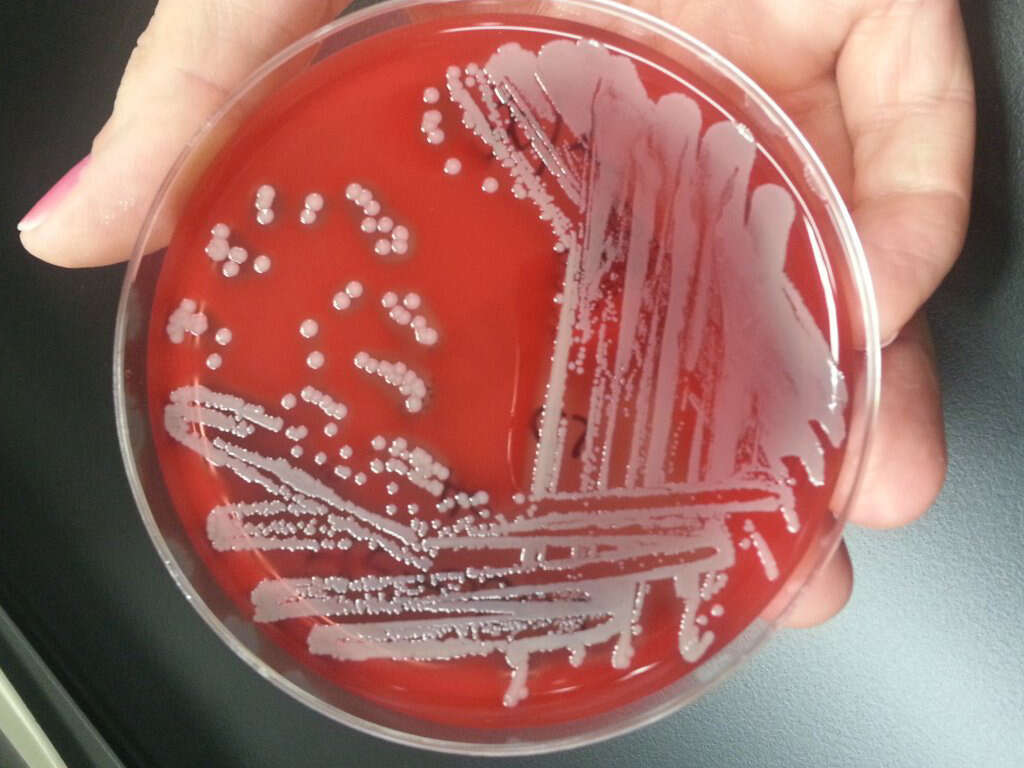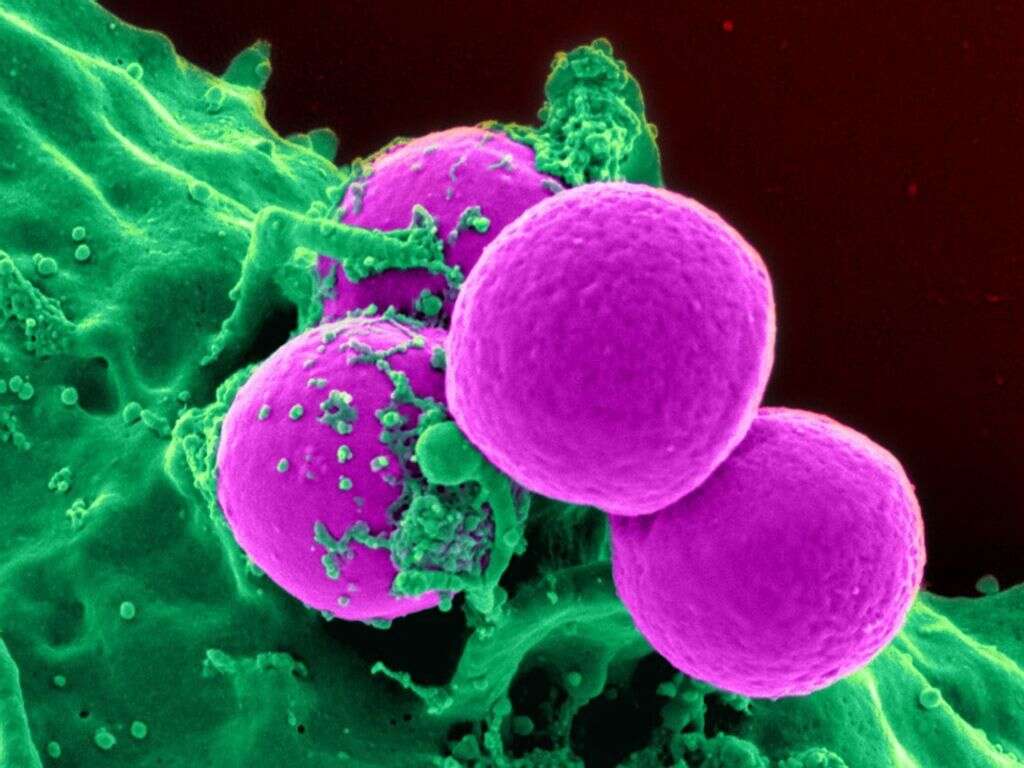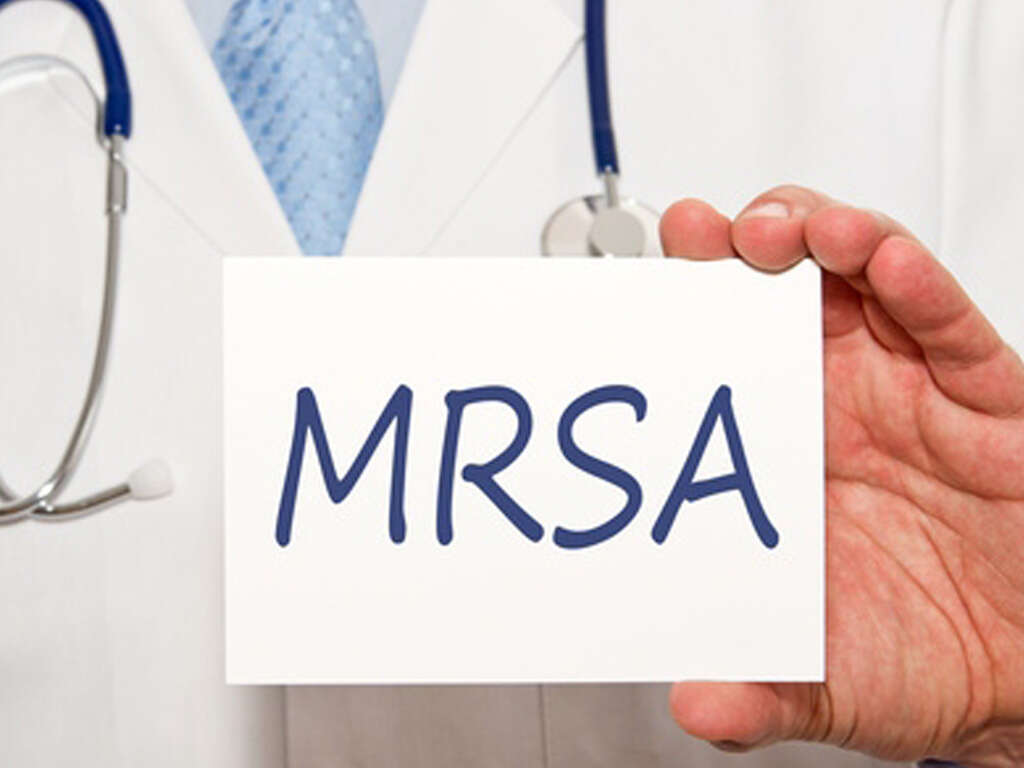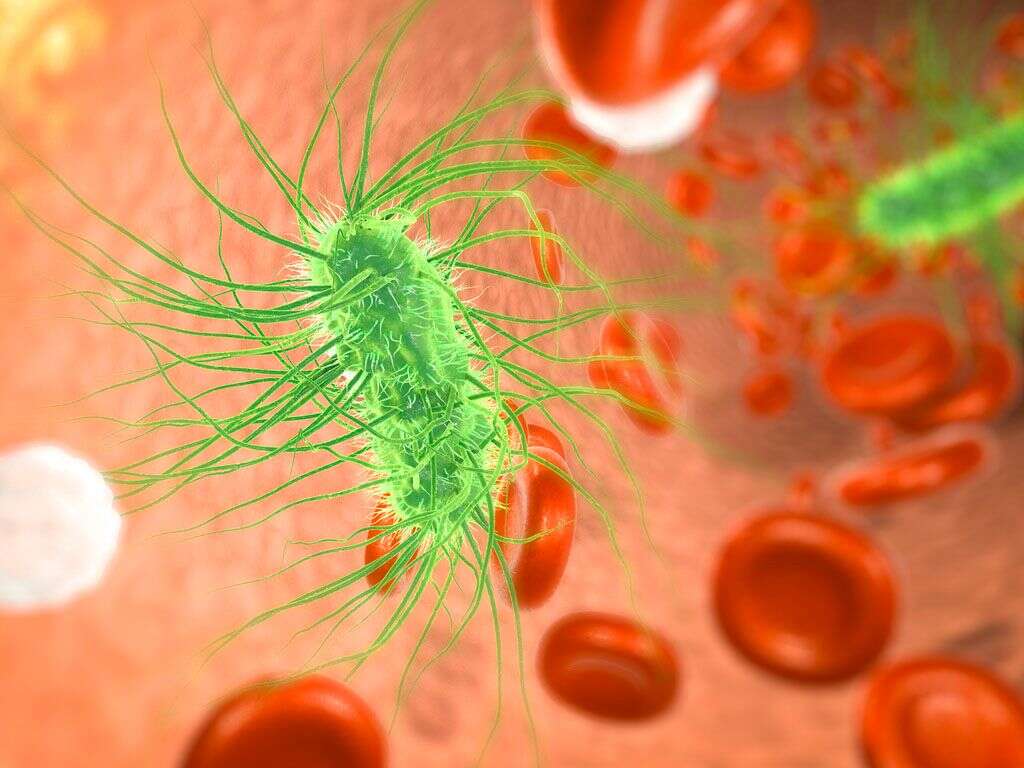What Is a MRSA Infection?
Bacteria, viruses, and other pathogens evolve. It is the main reason some people are advised to get a regular flu jab. Evolution means these pathogens can evolve to become resistant to our immune systems, and this means our immune systems will have to learn how to fight them again.
As they evolve, certain pathogens will also develop a resistance to the drugs that we use to fight them. This puts us in the potentially dangerous position of having to deal with diseases that we cannot cure. One example of this happening is MRSA, and it is something that has many people in the medical industry concerned.
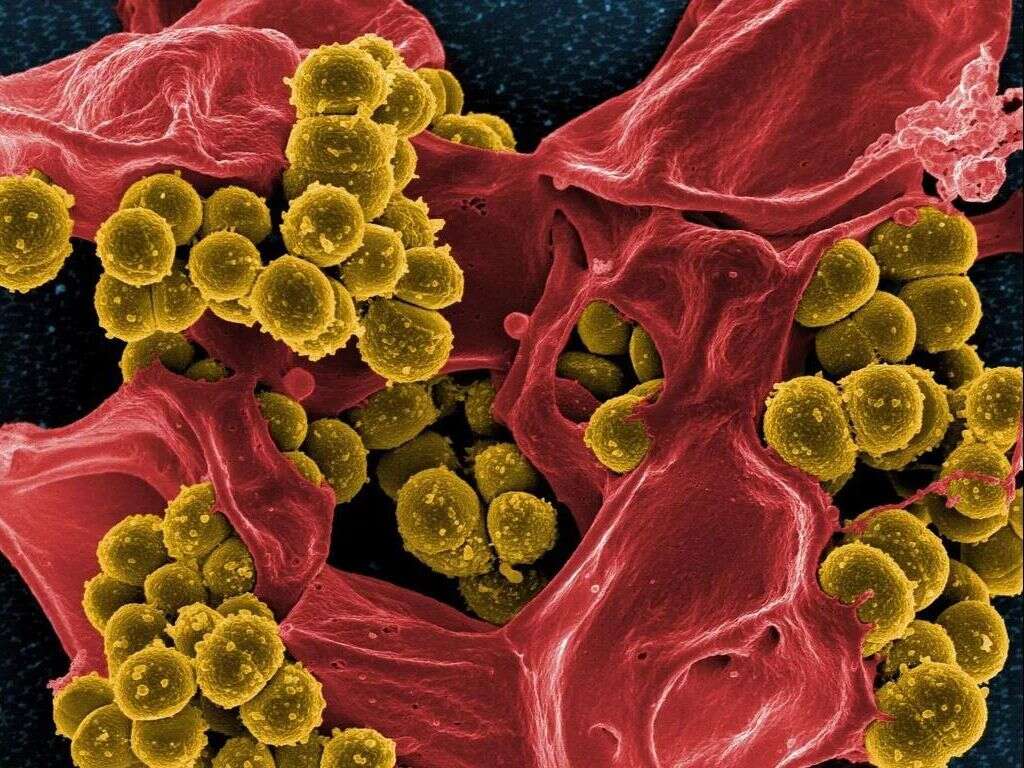
1. Antibiotics
The discovery of antibiotics was something that revolutionized modern medicine. It meant that infections were no longer as dangerous as they used to be, and countless lives were saved. It also meant the open surgery was far less of a risk than otherwise, opening up new opportunities when it came to healing people. Antibiotics are very common and you have likely even used them yourself at some point.
That they have been used so freely has presented a problem – however. Bacteria, like other biological organisms, will evolve generation on generation. Their exposure to antibiotics has meant that they have been able to evolve a resistance to them. This means that the antibiotics we have now are ineffective at combating certain bacteria.

2. MRSA
MRSA stands for methicillin-resistant Staphylococcus aureus. It is a bacterium in the Staphylococcus family that has become resistant to many of the antibiotics that would otherwise be used to fight it. This can make it very difficult for infections to be treated, potentially allowing the bacteria to cause horrendous damage.
Most cases of MRSA infections are contracted in medical environments. Medical environments tend to be very sterile, but it is all but impossible to eliminate all bacteria. People that undergo open surgery, for example, are prone to contracting the bacteria during surgery procedures. When MRSA infections take place in medical environments, they are known as HA-MRSA (health care-associated MRSA).

3. CA-MRSA
In addition to HA-MRSA, there is another type that can be encountered: CA-MRSA. This stands for community associated methicillin-resistant Staphylococcus aureus. As the name suggests, this variety can be found in the community in general. It is something that anybody could contract at any time.
The bacteria can be caught by even healthy people and it is spread from person to person through skin contact. One of the first symptoms of the disease is a boil that is very painful. It is most common among people that take part in contact sports, and also people that live closely together in cramped accommodation.
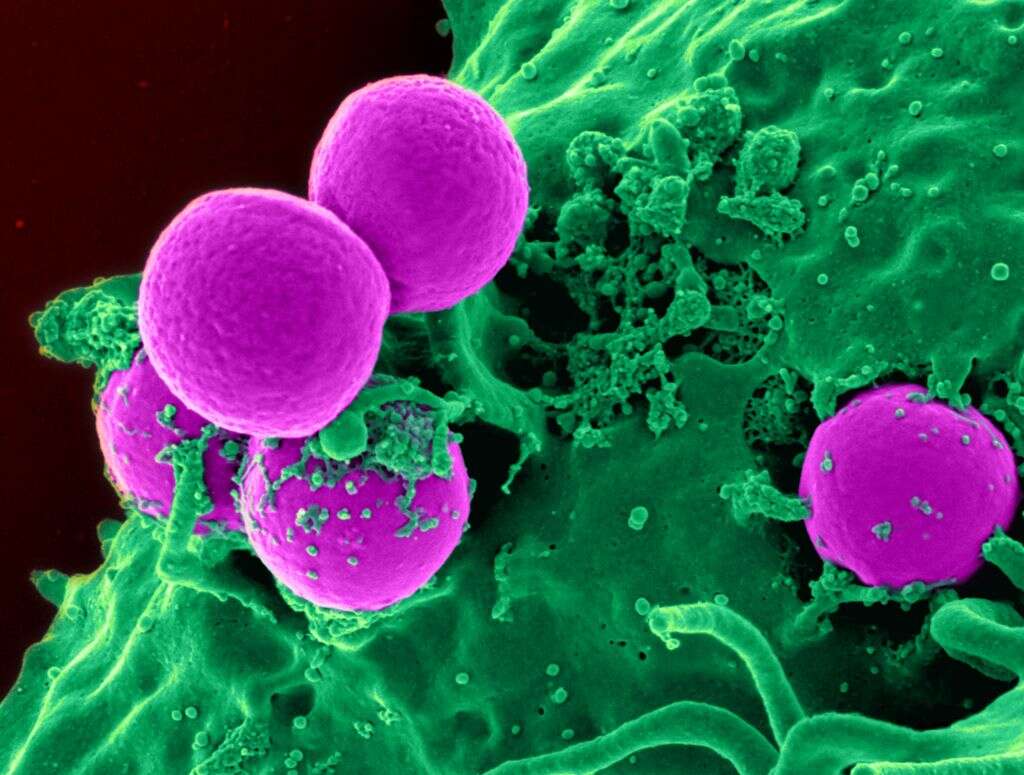
4. Staphylococcus Aureus
Staphylococcus aureus, a variety of which is responsible for MRSA, is actually a very common type of bacteria. They are often found on surfaces in and around your home and are often even found on your skin. Here, they are harmless, but they can cause an infection if they get into the body somehow.
Even when these bacteria are able to enter the body, they are still unlikely to cause severe problems. The infections will usually be kept under control by the immune system and medication is not usually needed. Sometimes, however, we will be exposed to the particular strain responsible for MRSA. Even then our immune system is likely to keep us safe. If our immune system cannot help us, however, then antibiotics may not be able to help us either.

5. Symptoms
MRSA infections typically start off with typical staph (Staphylococcus) infection symptoms. This tends to mean swollen red bumps on the skin that can be warm to the touch and also quite painful. The infected area is also likely to be full of pus, and the patient is also likely to have a fever.
If left untreated, staph infects can get considerably worse. This can lead to worsening symptoms such as an increased fever and aches and pain in joints and muscles. The patient can also become dizzy, and they can also become confused more easily than usual. The latter symptoms should be enough to encourage you to see a doctor if you have not done so already.

6. Who’s At Risk?
People that are most at risk from catching HA-MRSA include people that are staying in nursing homes. Indeed, it is relatively common but most people with the infection will not show any symptoms from it. Others include people that are staying in hospitals, particularly those that have undergone some sort of invasive medical procedure.
Those most at risk from CA-MRSA include people that live in crowded conditions, and homosexual men are also at a higher risk of catching the disease. Also in the higher risk category are people that take recreational drugs intravenously. Those that regularly take part in contact sports are also more likely to catch MRSA.

7. Complications
Not everybody that catches the MRSA bacteria will develop problems, but they can still pass the bacterium on to other people. Most can resist it, but those that have a weakened immune system are prone to developing some very serious complications. The bacteria can infect the bloodstream, for example, and this can be very dangerous indeed.
The patient can also start experiencing very uncomfortable aches and pains as their joints become infected. Organs including the heart and the lungs are at risk, and the patient’s bones can also be infected. All of these complications can be life-threatening so the patient must have medical assistance as soon as possible.

8. Prevention
Medical environments such as hospitals are usually kept thoroughly clean all the time. Hygiene standards must be maintained at all time to help prevent infections from MRSA and other pathogens. This still does not make them completely clean of pathogens, however. Patients with an MRSA infection are likely to be kept in isolation and medical staff will need to take all safety precautions.
Elsewhere, it is advisable to wash your hands regularly and thoroughly to help prevent the spread of any pathogen. You should also shower immediately after playing sports and avoid sharing towels, athletic equipment, and any other items. Keep any wounds covered and also ensure any needles that are used are completely sterilized.

9. Diagnosis
MRSA is to be taken very seriously and anybody suspected of being infected is likely to be moved to isolation straight away. If it is suspected then it will be necessary to get a confirmation of the diagnosis, and this is achieved with help from nasal fluids and/or tissue samples. These samples are then sent to a laboratory for analysis.
It can take around 2 days for the result to come back, and the patient may well need to remain in isolation until the tests are confirmed. Faster methods are in development, however, and gradually becoming more readily accessible to medical staff.

10. Treatment
Antibiotics are not always considered to be necessary when treating MRSA. If the infection is only causing abscesses, for example, then the abscesses will usually be drained and allowed to heal. If the infection has infected more of the body, however, then drugs will likely be required or the infection can be fatal.
Most antibiotics will not be able to treat MRSA, but there are some antibiotics that will still be effective. These are used carefully to help prevent the bacteria evolving to be resistant to them also. New antibiotics are in development to help ensure MRSA can be treated.




